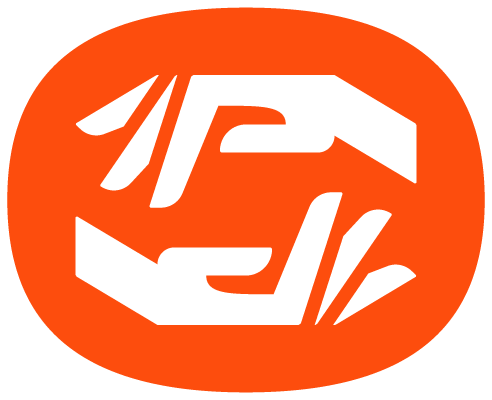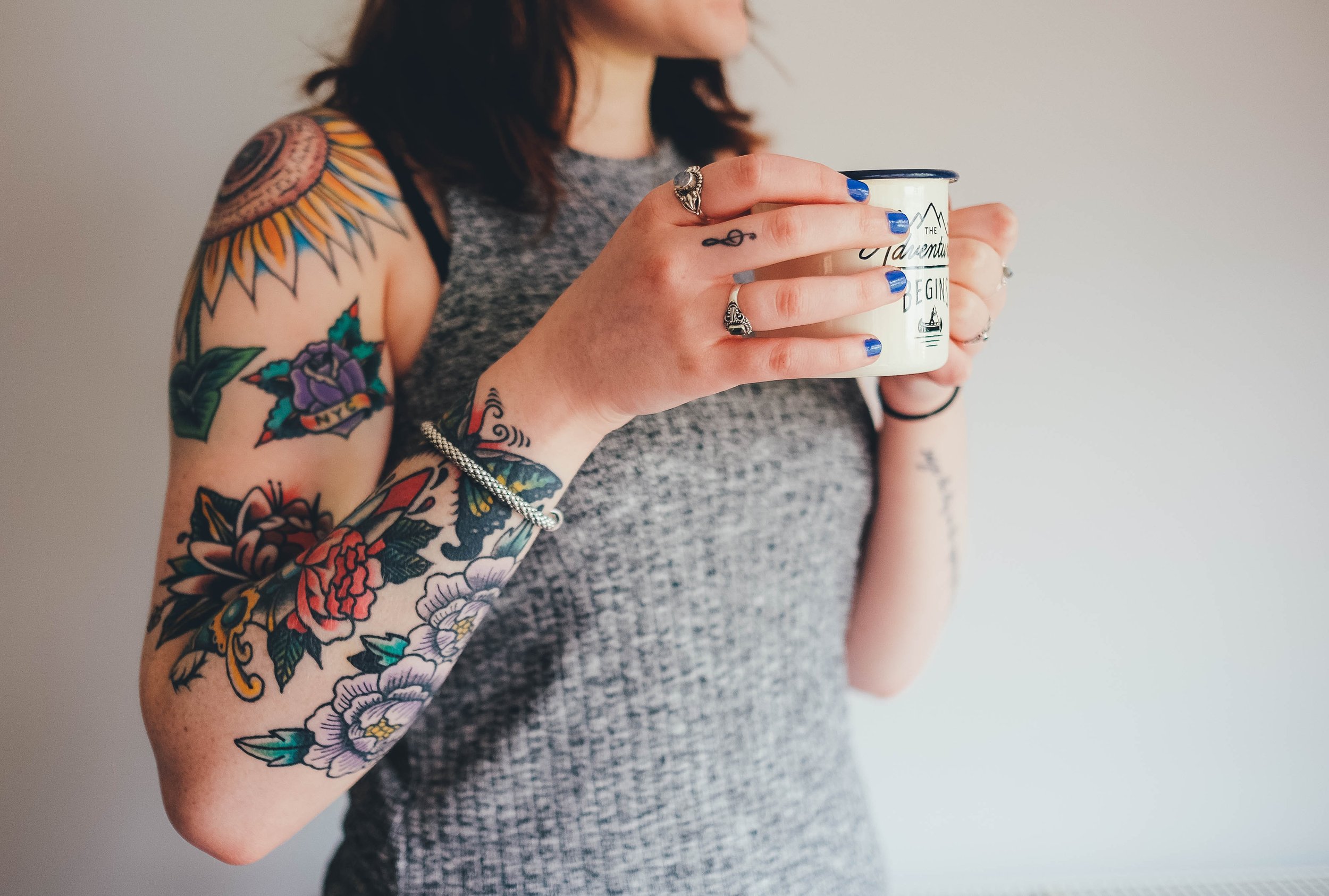What I Learned From Being Diagnosed with ADHD in My 30s
How my diagnosis completely shifted the way I perceived my anxiety disorder
Trigger warning:
This is one woman’s story, and includes mention of depression, anxiety, PTSD, and suicidal thoughts. If reading it isn’t in service of tending to yourself in the best way possible, please skip it. If you think you may need a diagnosis, please advocate for yourself by speaking with a mental health professional.
I spent most of my life trying to get my sh*t together.
I tried so hard—and never told anyone how hard I tried—because I felt like a failure for having to expend so much effort on things that seemed so easy to everyone else.
I became almost militant in the ways I would organize myself in an effort to not let my life fall apart. I lived every day full of anxiety about missing something, disappointing people, and not keeping all the balls I was juggling in the air—which would then easily spiral me out of control and into the depths of depression when, inevitably, I failed at my goal of perfection.
I was called lazy; I was told I didn’t pay enough attention; I was told I was too smart to be getting the grades and feedback I was getting. So, I did the only thing I knew how—tried harder. I pushed myself more, unknowingly revving up my anxious thoughts to increase the pressure, which made it so my brain could do what needed to be done.
I have been in therapy on and off for a decade, mostly learning to cope with my anxiety and depression. For years, I tried a variety of medications with little to no impact. I would articulate why things weren’t working, but doctors kept insisting we experiment with different medications.
Initially, when a therapist brought up the possibility of ADHD, it was in my defense to my partner at the time. He wondered why I couldn’t watch a whole movie with him without needing to do something else (color, stretch, read, play on my phone etc.). At the time, I left the session confused—how could I, the picture perfect type-A overachiever who insisted on always working harder than everyone else, have ADHD?
Slowly, I started to research. And what I found was deeply upsetting. I learned on average, women are more likely to be misdiagnosed or undiagnosed, which leads to them struggling to find help until much later, compared to men.
I also learned women are “less likely to be diagnosed earlier because they often display more symptoms of anxiety,” which medical providers end up treating for, without ever looking at ADHD as an option. This was exactly what happened to me. Doing my own research encouraged me to advocate for myself.
I was finally diagnosed this year, at age 31, and received a prescription for ADHD. The most frustrating thing? How hard I had to fight for it; how much research I had to do on my own; how many times I had to beg that we work with this instead of prioritizing anti-anxiety or SSRIs; how much I needed to advocate for myself for anyone to listen.
My diagnosis was a light at the end of the tunnel.
Medication actually started to help me do things, which lessened my anxiety as well as the number of depressive episodes I have. It also brought up deep pain for me around all the ways the missed diagnosis impacted my entire life.
It didn’t all hit me in one fell swoop; it's the little things I notice day in and day out. Like the way my impulsive behavior has impacted my financial life, or how I’ve never had a job I wasn’t convinced I was about to be fired from.
I spent my entire life in a cycle of anxiety and depression, thinking my feelings were too much for other people, and forcing myself to learn to mask them, ensuring I wouldn’t be a burden to those around me. I always felt like people didn’t like talking to me because I would get too excited and interrupt them or give an example of how something correlated to my life, because it’s how I was trying best to connect with them—but they ended up feeling unheard. I feel stabbed in the heart at any form of criticism, something I now know has a clinical name—Rejection Sensitive Dysphoria or RSD.
One of the biggest things is the grief I experience when I think about where I might have ended up if I’d had the medical and emotional support I needed for this before. Don’t get me wrong, I absolutely love my life, but I can’t help but wonder how much easier school might have been, and how different my career trajectory might have been, if I’d had the ability to focus without a 24/7 inner monologue, panicking about all the things I was sure I forgot to do or did wrong.
Society often shows ADHD in the manic pixie dream girl light of ‘how cute, she got distracted mid-sentence’—and don’t get me wrong, I often do—but there’s a much darker side to living with ADHD, especially undiagnosed ADHD, that isn’t regularly talked about.
Since my diagnosis, I have made it my mission to ensure other women don’t feel as alone as I did.
On a more positive note, I would be remiss if I didn’t also touch on how much my life has improved since being diagnosed and medicated:
I now have the ability to actually use my brain without my thoughts bouncing around like a pinball
I can more easily do the mundane tasks required to take care of myself, like laundry and cleaning my apartment
I make the phone calls I would normally procrastinate much sooner than I would have
I can stand in lines without wanting to pull my hair out
I get frustrated less often
I get less irrationally angry
I can actually listen to people talk to me without getting overly excited and interrupting them more often
If you think you might suffer from ADHD, I implore you to do your own research and trust your instincts. Note that it’s protocol to deal with anxiety and depression first, which is why it’s much harder for women to get diagnosed. There are a few other things I would like to let you know because they’re things I’ve had to learn the hard way:
Your hormones greatly impact your ADHD; you will likely need a higher dose around your period. Medication is a wonderful tool, but it won’t magically change everything
Boring tasks still don’t always sound appealing, and sometimes you’ll still procrastinate
Medication is one tool in an arsenal, behavior therapy and building good habits are another
My ADHD diagnosis has been a rollercoaster of ups and downs, and has given me the perspective and clarity to reevaluate my relationship with my depression and anxiety in light of this additional diagnosis.
I am, at the end of the day, eternally grateful for the diagnosis and the clarity that has come with having the ability to focus, the way my executive dysfunction is lessened, and the role all that has played in helping me start to heal my inner child who didn’t get the support she needed.


